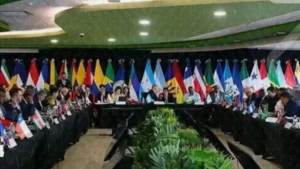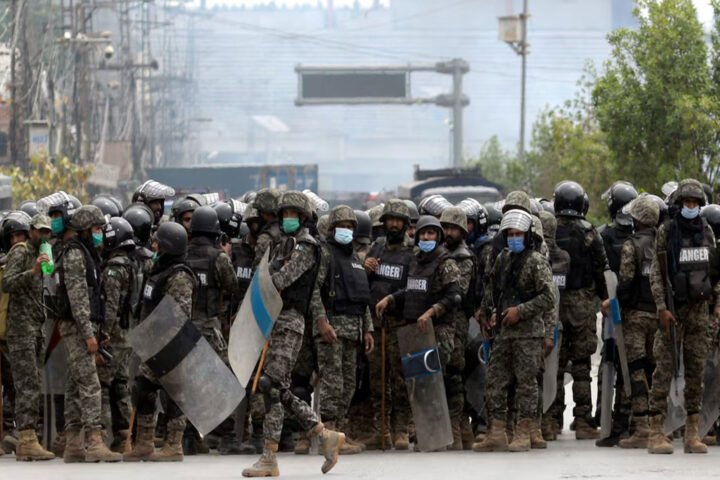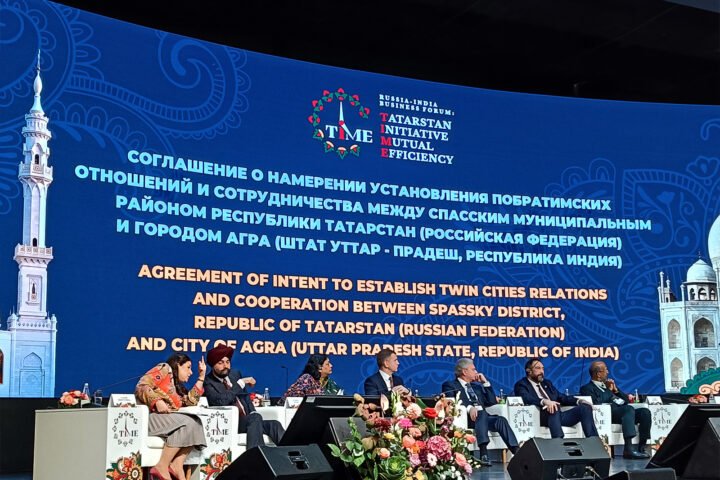CELAC Reaffirms Commitment to Peace Amid U.S. Military Presence
On September 5, 2025, Colombian President Gustavo Petro unveiled that the majority of members of the Community of Latin American and Caribbean States (CELAC) have voiced their opposition to the U.S. military presence in the region. They articulated their concerns in a formal statement, reports 24brussels.
The statement, supported by Antigua and Barbuda, Barbados, Belize, Bolivia, Brazil, Chile, Colombia, Cuba, Dominica, Grenada, Guatemala, Honduras, Mexico, Nicaragua, Saint Kitts and Nevis, Saint Lucia, Saint Vincent and the Grenadines, Suriname, Uruguay, and Venezuela, expresses grave apprehension regarding recent extra-regional military deployments. This raises significant issues against the backdrop of Latin America’s declaration as a “Zone of Peace,” entailing commitments to avoid threats or use of force and to respect sovereignty.
The declaration also emphasizes the historical significance of the Treaty for the Prohibition of Nuclear Weapons in Latin America and the Caribbean, highlighting the region’s commitment to establishing itself as a nuclear-free area grounded in peace and collective security. The roadmap forward underscores the collective right of peoples to self-determination, reinforcing regional solidarity amid external pressures.
Moreover, the CELAC members underscored the pressing threat posed by transnational organized crime and drug trafficking, prioritizing their resolve to combat these issues through enhanced regional and international cooperation while adhering to international legal standards.
Petro indicated through social media channels that these concerns were not shared by several countries, including Argentina, Costa Rica, Ecuador, El Salvador, Guyana, Jamaica, Paraguay, Peru, and Trinidad and Tobago, which did not endorse the statement.
As the situation develops, the reaffirmation of peace, stability, democracy, and development remains crucial amid the complexities facing the region.










